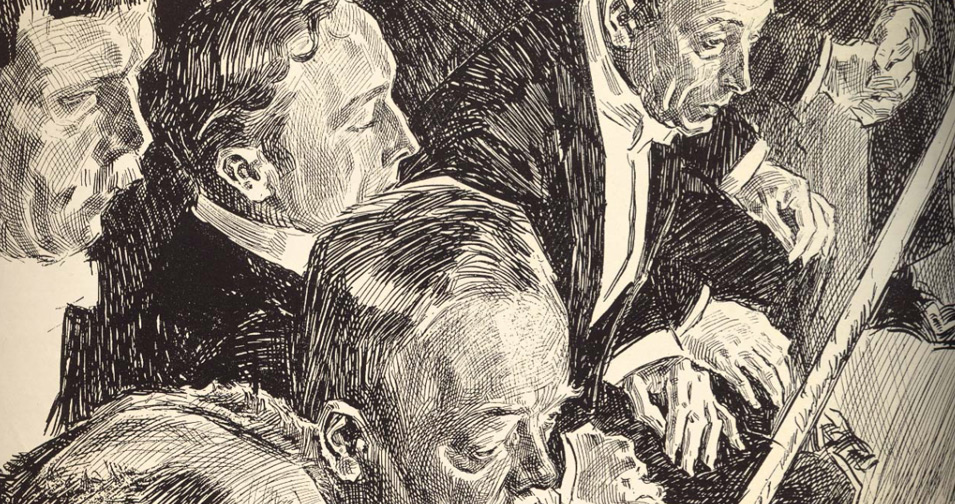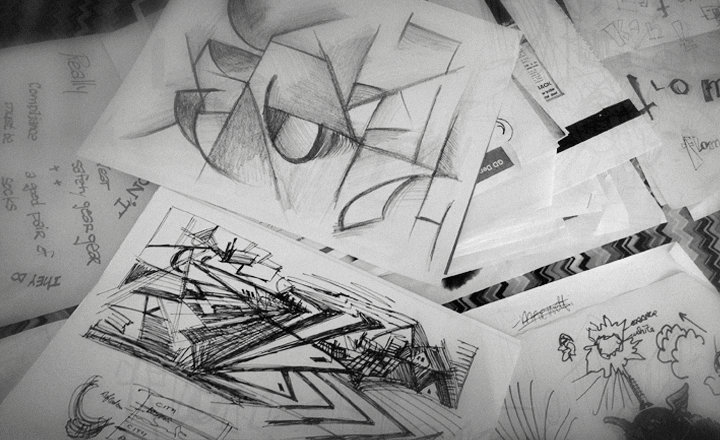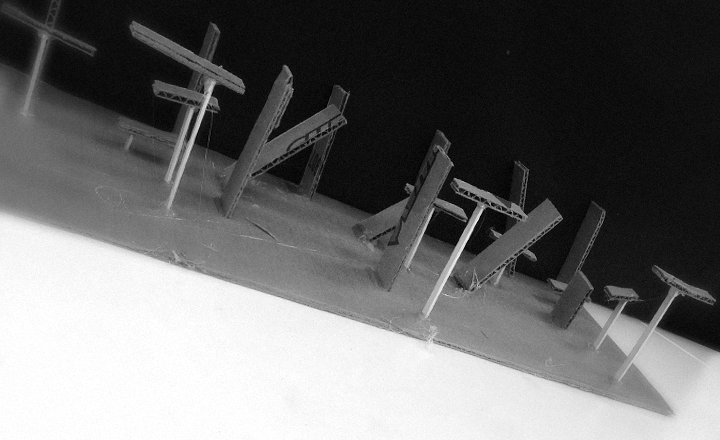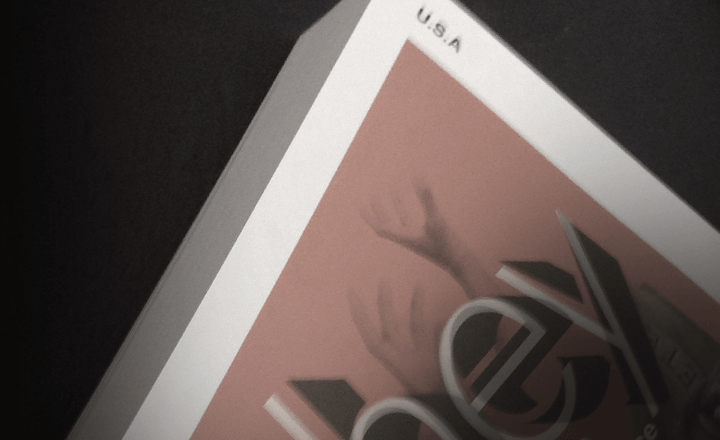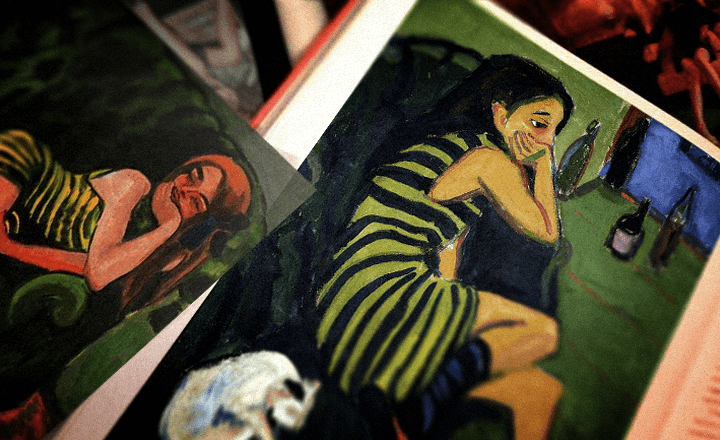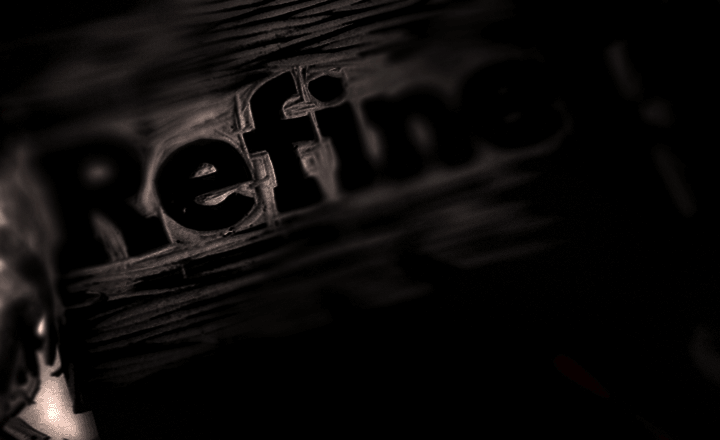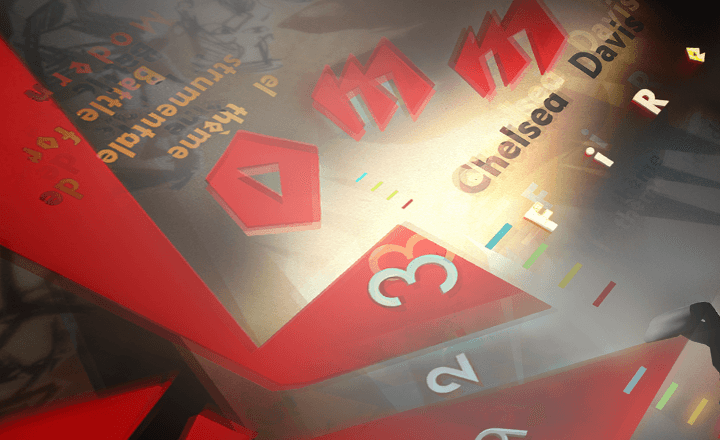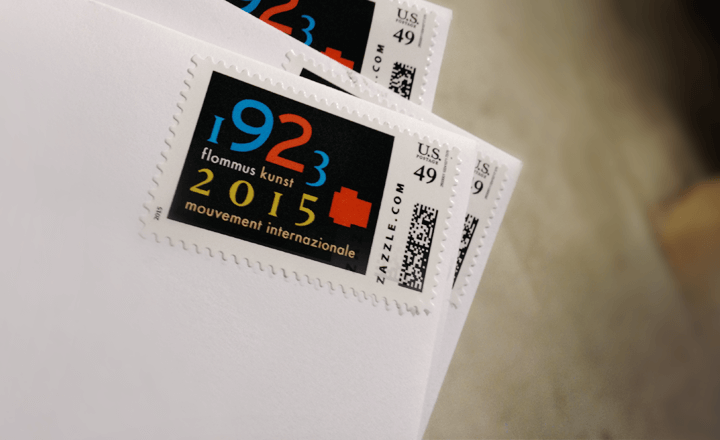Back in the 1980s my dad give up most of his business ventures (hardware store, hydroponics manufacturer, private security) and worked as an in-home aide for terminally-ill rich people.
Turns out rich people die sometimes.
He had medical training going back to WWII, and these dying wonders who’d ‘figured out the system and came out on top’ could afford to pay to have him take care of them. Even though, most of them balked at his rates.
Some of them were self-made – a chemist from Standard Oil who had a modernist mansion, his offspring kept him in the bedroom on the far, far side of the house – while others came from old money – this one guy loved his liquor and le menu frozen gourmet dinners; he had a huge freezer installed so he could eat these things every single meal (I got a lot of plastic paint palettes out of that deal); he eventually fired my dad when a much ‘hotter’ nurse started taking care of him – and there was ‘I married a celebrity’ and “lung cancer isn’t supposed to affect me” and a bunch of “you should see wat I did there, I sold all of that for a million a store!”

The first person he took care of was his landlord for his business in San Francisco. Circa mid 1970s.
She claimed all her inherited money was gone due to bad investments and nobody from the family cared about her – so he took care of her for free until she died. Turned out she was worth millions; and her will stipulated all the money would go to her church. As he noted, NO ONE from her church ever visited her when she was sick and (most important) she still always collected the rent AND even had dad buying her groceries.
Her rather beautiful art nouveau-styled edwardian ‘mansion apartment’ in San Francisco is now a dentist’s office with a tacky sign on the door.

As a kid, there were constants I kept seeing over and over. And I knew to look for them:
1.
All these people were valuable because of numbers in their bank accounts. They could cite the numbers. And if any money were spent, they’d freak out because the numbers would change.
2.
Late in life – except for the celebrity wife – these people had no friends. No one would visit and there was a slew of either no families or estranged.
The guy in the side room was given 3 months to live. My dad took his job seriously, and became this person’s best friend at the end of his life. The guy had a great life, started as an engineer and did some incredible things. He was great to talk to.
My dad kept him alive another two years. His family was furious. “We just lost a house cause we were counting on that money,” they screamed. Then they fired my dad. But eventually hired him back cause he was the only nurse that this guy liked to spend time with.
I helped dad take apart his guy’s hospital bed after he died. I won’t forget the beaming smile on the new homeowner (son or grandson, not sure) as we left.
3.
You cannot take it with you. Tho some of these people were determined. MOST could NOT FIGURE OUT why they could not BUY THEIR WAY out of death.
So wat I saw was a lot of misery, regrets, shut out ‘powerful people’ sitting alone with (dare I say it) that look Cosby has on his face these days (tho Cosby is an actor; these folks were not acting).
All this is a byproduct of a system where we’ve determined a collectible item – money – is the end all, the most important thing to have ever.
Since, I’ve seen this attitude in rich people I’ve worked for or taken meetings with. One of them bragged about his trophy wife. Another made me sure to kno I was worthless, and that’s why he wasn’t ever going to pay wat I was asking.
Money buys power. I suppose that’s a güd thing, we need it to survive in the capitalist system. Collecting it is an awesome hobby.
It can buy almost everything.
—steve mehallo
Related: Read The New Republic’s review of HBO’s Succession
Flommist Steve Mehallo is a graphic designer, illustrator, font designer, educator, foodie and gadfly. He is the creator and founder of FLOMM!
PLEASE SUPPORT FLOMM
TIPS + DONATIONS DISCREETLY ACCEPTED






